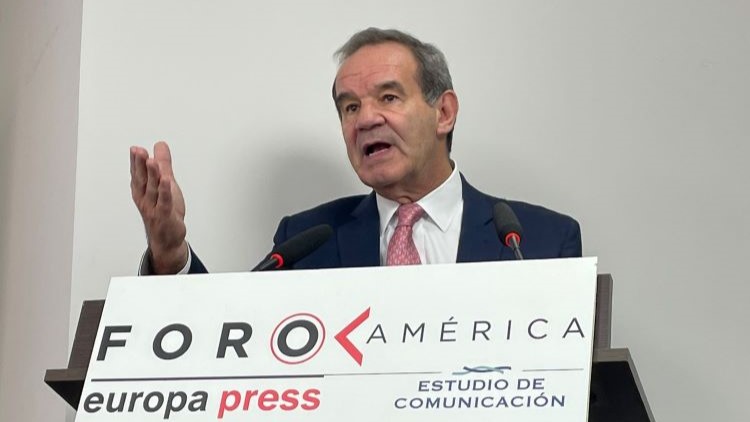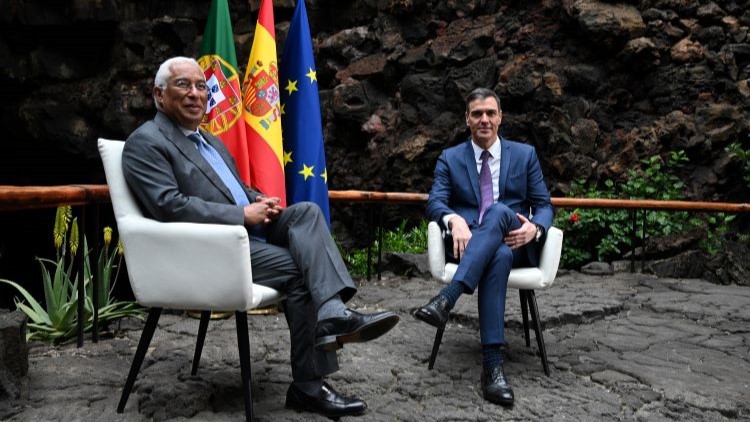The Diplomat
The Ibero-American Secretary General (SEGIB), Andrés Allamand, is confident that next week’s Ibero-American Summit in the Dominican Republic will be “very well attended” by heads of state and government, with the presence of up to 16 heads of state and government from the 22 participating countries.
Allamand said that “no country in the Ibero-American community needs an invitation to attend a summit” such as the one to be held on 24 and 25 March in Santo Domingo, but “attends in its own right”.
“There may be differences between countries, and these are usually expressed, but nobody supposes that these differences could lead to the exclusion of any of the countries” from the event, he stressed during his participation in the America Forum organised by Europa Press and Estudio de Comunicación.
He said that 16 countries had already confirmed that they would be sending their presidents, a figure he considered “significant”. Among those absent, Allamand mentioned the presidents of Mexico, Andrés Manuel López Obrador, and Nicaragua, Daniel Ortega, as well as the president of the Government of Andorra, Xavier Spot, due to the elections in the Principality a week later.
The SEGIB head stressed that neither López Obrador nor Ortega usually attend summits, adding that they will send their leaders. Although Allamand did not mention it, another of the leaders who might not attend Santo Domingo is the President of Brazil, Luiz Inazio Lula da Silva, whose meeting coincides with a visit to China.
On the other hand, the President of Venezuela, Nicolás Maduro, is expected to attend what would be his first Ibero-American Summit, despite having been in office for ten years, as well as the President of Cuba, Miguel Díaz-Canel, although for the moment both countries have not officially announced their attendance, Allamand acknowledged.
The Ibero-American Secretary General warned, however, that “there could always be last-minute changes” and that some of the leaders whose attendance has been confirmed for the moment could be cancelled for reasons of agenda or other issues.
Asked specifically about the possibility of the situation in Nicaragua being discussed during the summit, where Daniel Ortega’s regime is in the midst of an authoritarian drift in which it has outlawed organisations, deprived opponents of their nationality and broken off relations with the Vatican, Allamand did not rule out the possibility that some leaders might raise the issue.
However, he recalled that the Ibero-American Community is governed by the principle of consensus, one of its “strengths”, so that if any country wants some kind of resolution to be approved on the matter, “it knows perfectly well that it has to have the unanimity” of the 22 member countries, including Nicaragua, whose foreign minister will have the option of expressing his or her points of view.
The same applies to any other issue or situation that the Ibero-American leaders wish to raise during their speeches at the start of the summit or during the retreat, behind closed doors and more private, which they will hold at lunchtime, he said, citing Peru or the war in Ukraine, for example.
On the other hand, the Ibero-American Secretary General said that he perceives “a great deal of interest” in both Latin America and Europe in relaunching relations over the coming months, taking advantage, among other things, of the Spanish Presidency of the EU: “There is a good alignment of the stars”, he affirmed.






